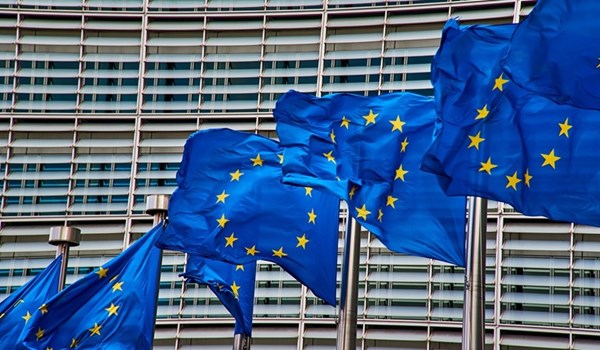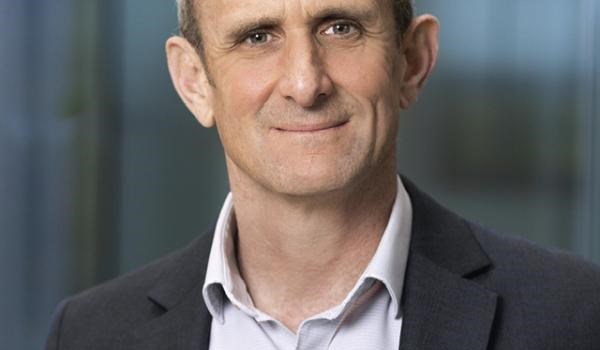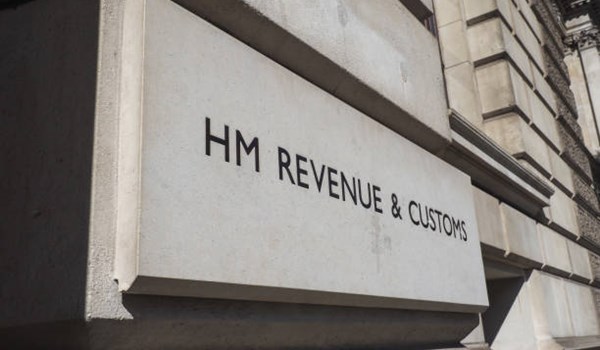The German financial centre beat off competition from eight others as the EU puts the final touches to dirty-money reforms.
Frankfurt has won the race to host the EU’s prestigious new anti-money laundering authority, AMLA, the centrepiece of reforms that follow a series of dirty money scandals.
Germany’s financial centre beat off competition from major cities including Paris, Madrid and Rome, in a Thursday night (22 February) vote procedure that could set a new precedent for the future siting of EU agencies.
“We’ve had so many wake-up calls in recent years when it comes to dirty money being washed through the mainstream of the financial system,” the European Commission’s Mairead McGuinness told reporters. “Tonight we are answering those calls.”
The seat choice is the last remaining element of an EU reform that sees limits on large cash transactions and new identity checks for football agents and sponsors.
It follows a scandal in which Danske Bank pleaded guilty to laundering hundreds of billions in dirty Russian funds through its Tallinn branch, and the collapse of lenders such as Malta’s Pilatus and Latvia’s ABLV.
Agencies
While major EU institutions such as the commission and parliament are located in Brussels, Luxembourg and Strasbourg, its agencies, concerned with more specialised or analytical tasks, are dotted across the bloc.
Countries generally support the idea of spreading EU largesse and bringing decision making closer to home, but more far-flung bodies can have difficulties attracting staff.
The location of EU agencies has historically been decided by the bloc’s member states meeting in the EU’s Council, and have been so tightly fought that one recent case, the European Medicines Agency, had to be decided by drawing lots.
That changed after EU judges ruled MEPs should get an equal say – leading to a process in which both the European Parliament and Council were granted 27 votes each.
Clear outcome
With nine candidates for AMLA, officials were less than convinced there’d be a clear outcome, even up to the last moment.
“The process is established to find a winner, but we will see if the process will be successful,” Vincent Van Peteghem, the Belgian finance minister who currently chairs the council, told Euronews on Tuesday.
In practice, the Council appears to have stitched the deal up, caucusing in a way that virtually guaranteed Frankfurt’s victory.
In the final round of the secret ballot, Frankfurt received 28 votes, Madrid 16, Paris six, and Rome four, lead lawmaker Eva Maria Poptcheva (Spain/Renew Europe) told reporters, and it doesn’t seem to have been MEPs’ favourite choice.
“Germany was not the best performer in terms of the anti-money laundering framework,” Poptcheva said, citing one criteria deemed important for lawmakers – though she welcomed recent domestic reforms.
The new process “is not a legal precedent”, but it’s “probably one that basically functions”, said Poptcheva – remarks which suggest the bloc might use a similar system to select future agencies concerned with sanctions or child sexual abuse.
Backroom deals?
It’s not clear what backroom deals took place to ensure Germany’s triumph. Ireland, which put forward Dublin as a candidate, may be consoled if finance minister Paschal Donohoe wins his rumoured bid to head up the International Monetary Fund, a role traditionally given to a European. Other bidders were Riga, Vilnius, Vienna and Brussels.
Which city will host the prized new anti-money laundering agency?
In practice, the decision to go with a major financial centre may also have reflected practical considerations, given that AMLA is responsible for directly supervising 40 of the bloc’s riskiest banks.
The Frankfurt decision “will give the new agency immediate access to an outstanding financial and supervisory architecture”, Enrico Aresu, head of compliance solutions for Germany, Austria and Switzerland at Moody’s Analytics, said in a statement, adding: “Having the European Central Bank in the same location will facilitate cooperation and communication between banking and money laundering supervisors.”



